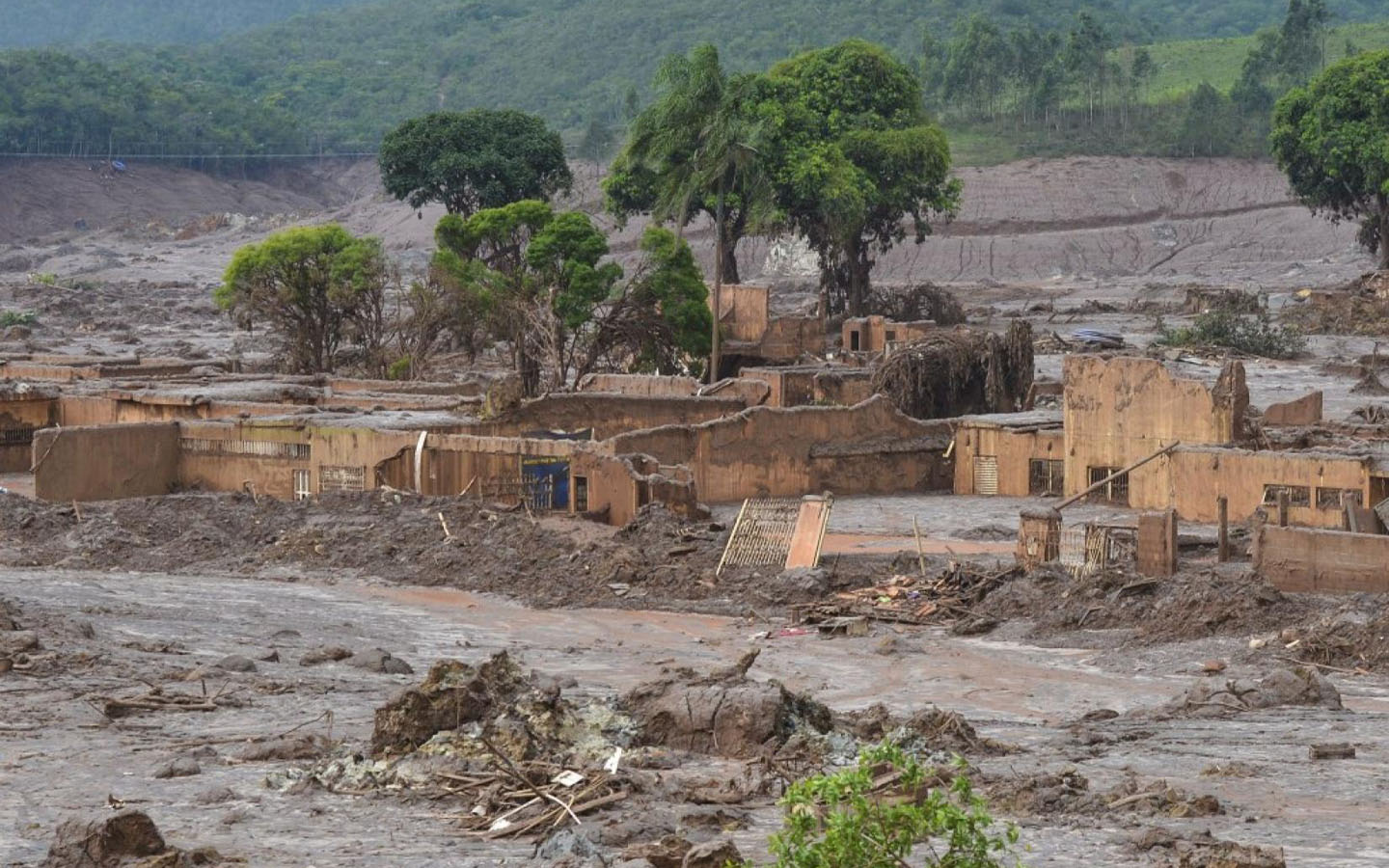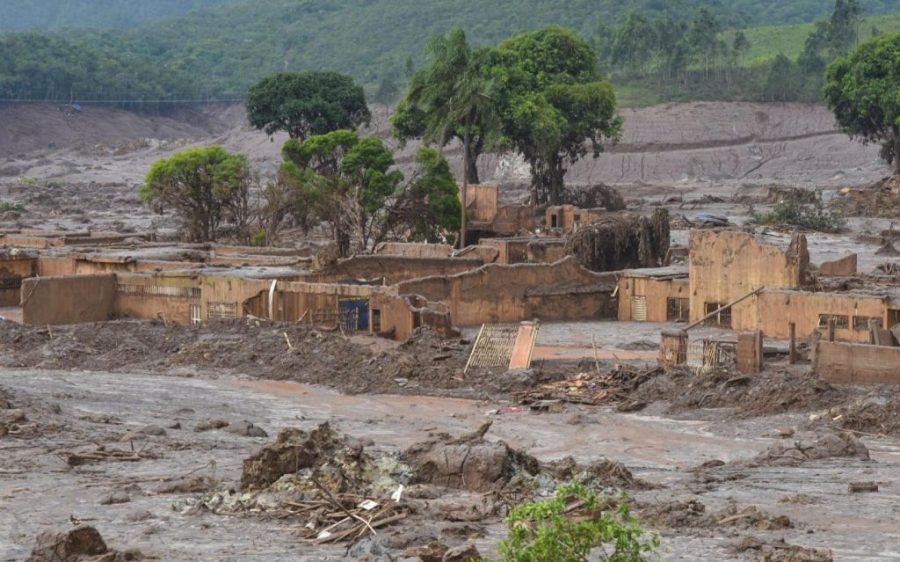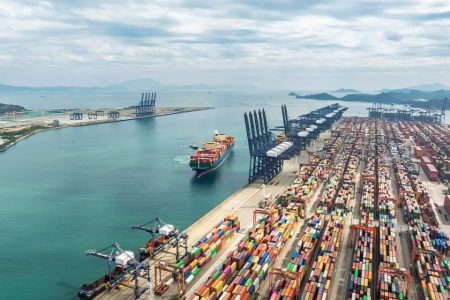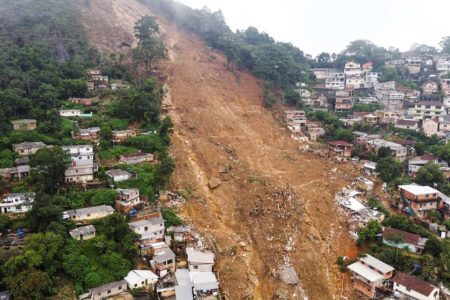London’s High Court found Australian mining company BHP liable for the worst environmental disaster in Brazilian history, reports the BBC.
On Friday, Justice Finola O’Farrell ruled BHP was responsible for the 2015 dam collapse in Mariana (Minas Gerais), which killed 19 people, destroyed hundreds of homes and poisoned much of the Doce River. The tailings dam was owned by Samarco, a joint venture between BHP and Brazilian mining giant Vale. A separate claim against Vale has been filed in the Netherlands, with more than 70,000 plaintiffs.
The 200-page ruling noted the risk of collapse as “foreseeable”, with “obvious signs of contractive, saturated tailings and numerous incidents of seepage and cracking”. Continuing to raise the height of the dam when it was not safe to do so was the “direct and immediate cause” of the collapse, making BHP liable under Brazilian law.
BHP said it would appeal and continue to defend against the lawsuit as it progresses to the damages phase. The civil suit, representing more than 620,000 people including civilians, local governments and businesses, has been valued at up to £36 billion (US$47.38 billion) – less than £58,000 (US$76,300) per plaintiff.
[See more: Brazilian legislature approves controversial environment bill]
When the Fundão tailings dam burst, it unleashed a tsunami of toxic sludge toward the nearby village of Bento Rodrigues. “It came, destroying everything, like a monster,” Paula Geralda Alves told the Financial Times. Working for a tree-planting team contracted by Samarco at the time, Alves rushed to warn her village as soon as she heard about the collapse on the radio. Nineteen people died that day but her quick thinking saved hundreds, giving them time to climb to safety.
More than 40 million cubic metres of mining waste destroyed Bento Rodrigues, Paracatu de Baixo and Gesteira, and badly damaged another 38 municipalities across the states of Minas Gerais and Espírito Santo. It also poisoned 600 kilometres of the Doce River, killing 14 tonnes of freshwater fish, according to an Ulster University study. A decade on, the river, revered as a deity by the local Krenak Indigenous people, has yet to recover.
“The only hope we have [for justice] is in England,” Gelvana Rodrigues, whose seven-year-old son Thiago died that day, told the Financial Times. The damages phase of the trial is scheduled for October 2026.






